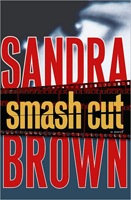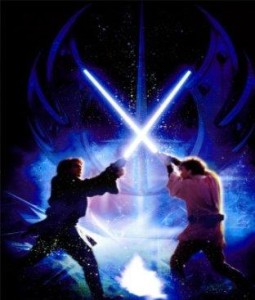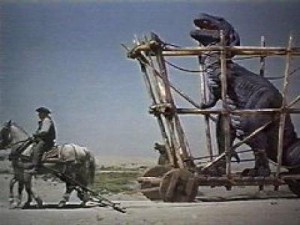I have to thank Jacqueline Winspear whose post on Naked Authors inspired this post. She was writing about the exponential increase in writing classes and MFA programs and exploring the question of whether creative writing can actually be taught. I want to tackle the thorny issue that accompanies this – what do creative writing classes really teach you and (hmmm…) are they worth doing at all?
My own experience has been decidedly mixed and I have to confess I’ve taken more painting classes than I have creative writing classes so it’s not like I’ve had a wealth of experience (though I do hope my novels are better than my paintings!).
I took a hilarious course in Australia on how to write a romance but soon realized that unless you LOVE Harlequin romances then it’s bloody difficult to write them (no matter how easy it looks to many people!). This class took a lighthearted approach to the genre and all its requirements and foibles, so I actually felt like I did learn something…though not, I’m afraid, how to write well.
In California, I took a class on how to write a novel well before I even attempted Consequences of Sin…now I’m not going to name any names in this blog but my experience in that class was less than inspiring. The teacher found it almost impossible to teach how to actually write a novel and the class had the unfortunately all too common cluster of writers: the bloody awful ones; the arrogant ones who wrote the most boring crap imaginable; the ones who were only there to rip other people’s work to shreds; and the genuine sensitive souls who spent most of the time utterly disheartened by the class. I hope you can tell I was in the last category:)
In this class we each had to present a piece about a novel we had read and most people did bugger all for this (though I did a rather nifty plot chart for Jane Eyre and that helped me far more than the class ever did!); we then critiqued one person’s work for the rest of the time. When it came to my turn the range of feedback was so bizarre as to be completely unusable (from “this is so exquisite I had no comments to make” to “have you ever been in jail? Because I have…” to “This is juvenile, adolescent trash (or was it puerile, I’ve blocked it from memory)”. My teacher was less interested in providing a critique than explaining that there were similarities with her own work (I guess she wanted to make sure I didn’t sue)… After this class I swore off taking another…but then I did a week intensive course only to find it was just as frustrating. By then, I was well and truly turned off writing classes!
I’m not saying that many classes are not genuinely worthwhile or that creative writing isn’t something than can (at least to some extent) be taught – although that is certainly fodder for a whole other blog post! Here’s my take on writing classes:
- At their best they can help provide the impetus and validation needed for some writers to move forward with their WIP – at their worst they can destroy, demotivate and crush a writer.
- While some teachers are naturally gifted at helping nurture their students and provide genuine insights into the process of formulating a piece of creative work, many teachers are looking only to boost their own egos, grind their own axes or sell their own work (yes, I’ve had to buy a teacher’s book…)
- Writing classes seem to work best when focused on the specifics of form: like short story writing, article writing or memoir writing. I think insights into a particular genre or form can be helpful.
A successful writing class for me would have emphasized perseverance, editing, rewriting and more editing as key tools of the trade.
To be honest, I found the most valuable writing techniques I learned were not in a class but arose out of practice – writing a novel myself, editing it, rewriting it, editing further…then doing it all over again (and again). I don’t think any class can ever teach the skills you really need in this respect, because they have to come from within and have to include a determination to write no matter what and a determination to write the very best you can while constantly honing your craft.
So what have your experiences been with writing classes? Worth every penny or not worth a dime (or somewhere in between:))?
~~~~~~~~~~~~~~~~~~~~
Coming up Sunday, June 14, our guest blogger will be New York Times bestselling author Steve Berry. And watch for future Sunday guest blogs from Robert Liparulo, Paul Kemprecos, Linda Fairstein, Julie Kramer, Grant Blackwood, and more.








